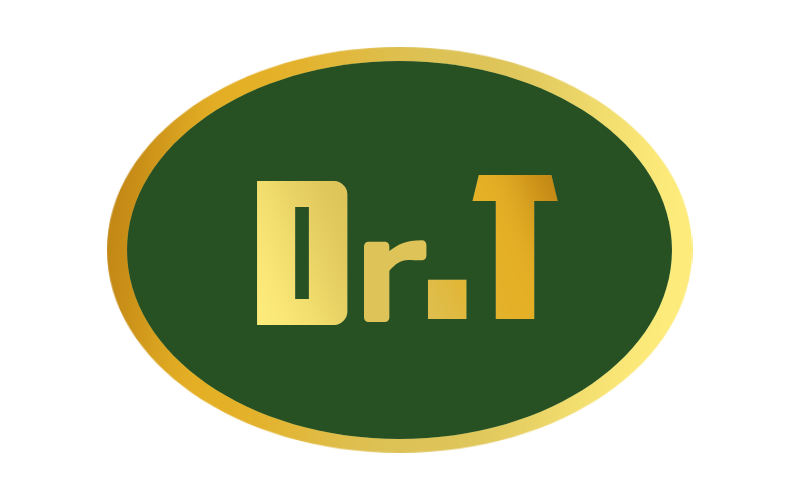Pilates has emerged as a powerful workout regimen known for its ability to strengthen the core and improve flexibility. This low-impact exercise focuses on controlled movements, alignment, and breathing, making it suitable for people of all fitness levels. Originating in the early 20th century, Pilates has stood the test of time, providing numerous physical and mental benefits.
Strengthening the Core
The most important thing about Pilates is its focus on building core strength. The core, often referred to as the body’s powerhouse, includes the abdominal muscles, lower back, hips, and pelvis. A strong core is fundamental to maintaining overall body stability and balance. Pilates exercises are designed to target these muscles through precise and controlled movements, enhancing their strength and endurance.
One of the key principles of Pilates is concentration, which ensures that every movement is performed with purpose. Exercises like the Hundred, the Plank, and the Teaser require significant core engagement, promoting muscle activation and development. This focus on the core not only improves physical strength but also supports better posture, reducing the risk of back pain and injuries.
Improving Flexibility
In addition to core strengthening, Pilates is renowned for its ability to enhance flexibility. Flexibility is crucial for maintaining a full range of motion in the joints, which is essential for overall mobility and physical function. Pilates incorporates a variety of stretching exercises that lengthen and strengthen the muscles, improving their elasticity and joint flexibility.
The fluid and controlled nature of Pilates movements allows for safe and effective stretching. Exercises like the Spine Stretch and the Saw focus on lengthening the spine and stretching the hamstrings, promoting greater flexibility. Regular practice of Pilates can lead to noticeable improvements in flexibility, helping to prevent muscle stiffness and enhance physical performance in other activities.
The Role of Controlled Breathing
Breathing is a fundamental component of Pilates, playing a vital role in both core strengthening and flexibility improvement. Pilates emphasizes deep, controlled breaths that coordinate with each movement, ensuring adequate oxygen flow to the muscles. This breathing technique not only enhances the effectiveness of the exercises but also promotes relaxation and mental clarity.
Controlled breathing in Pilates helps activate the deep abdominal muscles, further supporting core strength. It also facilitates a greater range of motion during stretching exercises, contributing to improved flexibility. The mindful breathing practice in Pilates can reduce stress and enhance focus, providing mental health benefits alongside physical improvements.
Holistic Benefits of Pilates
Beyond its physical benefits, Pilates offers a holistic approach to fitness that can enhance overall well-being. The concentration and precision required in Pilates exercises promote mindfulness and body awareness, fostering a deeper connection between the mind and body. This holistic focus can lead to improved mental clarity, reduced stress levels, and a greater sense of relaxation.
Pilates also promotes balance and coordination, essential components of functional fitness. By incorporating various planes of movement and challenging balance, Pilates helps develop a strong, stable, and agile body. This balanced approach to fitness supports long-term health and reduces the risk of injury.
Conclusion
The power of Pilates lies in its comprehensive approach to strengthening the core and improving flexibility. By focusing on controlled movements, precise muscle engagement, and mindful breathing, Pilates offers a multitude of physical and mental benefits. Whether you are looking to enhance your core strength, increase your flexibility, or achieve a holistic sense of well-being, Pilates provides an effective and sustainable fitness solution. Embrace the principles of Pilates and experience the transformative effects on your body and mind.

